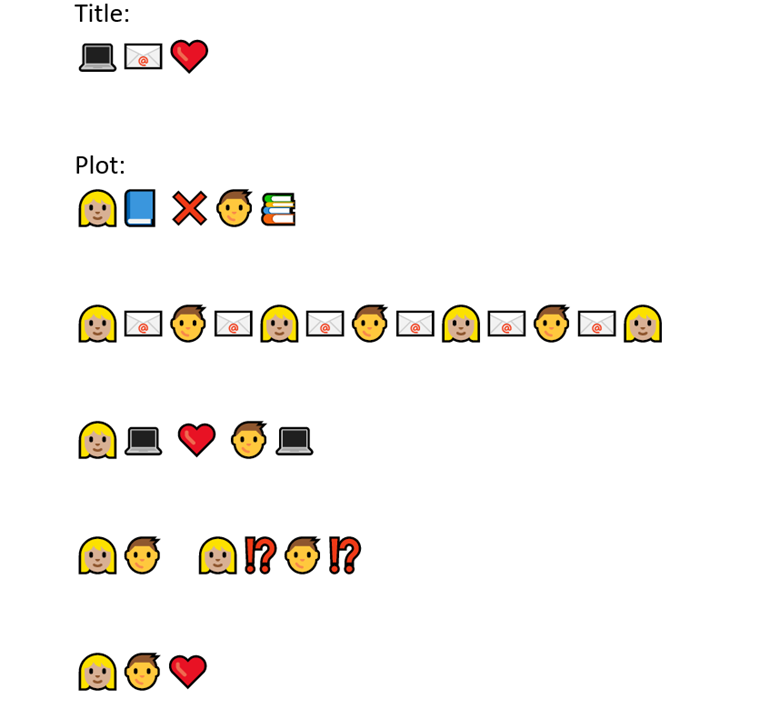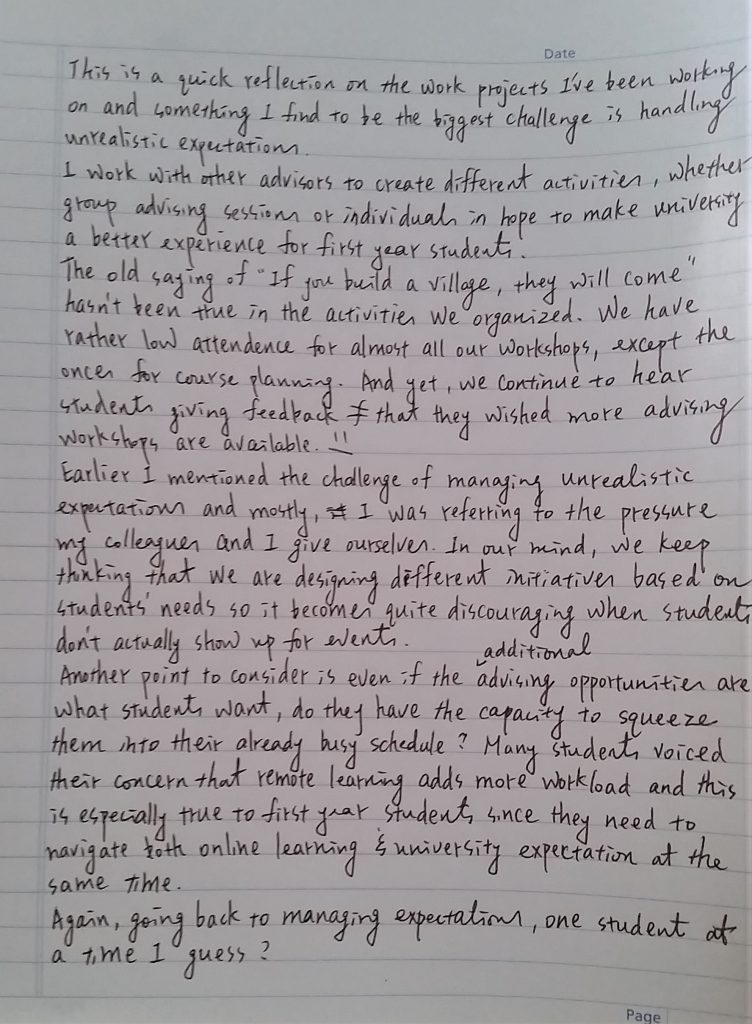Final Project – Instant Messaging and its effects on reading and writing
For this final assignment, I had the opportunity to collaborate with Jasmine Parent and this is the first podcast for both of us. In this podcast, we discussed how instant messaging has become such an integral part in our daily communication and how it is now used in education. Being a part of the online program, instant messaging tools come in handy when it comes to discussing progress for group assignments and occasional ranting about life (speaking of the importance of social connection!)
Transcript can be found here
References
Baron, N. S. (2009). Are Digital Media Changing Language?. Educational Leadership, 66(6), 42-46.
Collister, Lauren. (2015). Emoticons and symbols aren’t ruining language–they’re revolutionizing it. The Conversation, 6.
Crystal, David.(2008). 2B Or Not 2B: David Crystal On Why Texting Is Good For Language. The Guardian. Retrieved from: https://www.theguardian.com/books/2008/jul/05/saturdayreviewsfeatres.guardianreview
De Bakker G, Sloep P, Jochems W. Students and instant messaging: a survey of current use and demands for higher education. Res Learn Technol 2007;15:143-53
Hazaea, A. N., & Alzubi, A. A. (2016). The effectiveness of using mobile on EFL learners’ reading practices in Najran University. English Language Teaching, 9(5), 8 https://doi.org/10.5539/elt.v9n5p8
Javed, S., & Mahmood, M. (2016). Language change in texting: Situation analysis of graduate students. Journal of Literature, Languages and Linguistics, 26, 78–94
Kent State University. “Instant Messaging: A New Language?.” ScienceDaily. ScienceDaily, 2 May 2008. <www.sciencedaily.com/releases/2008/05/080501154219.htm>.
Lenhart, A., Arafeh, S., Smith, A., & Macgill, A. R. (2008). Writing, technology, and teens. Washington, DC: Pew Charitable Trusts. Retrieved September 29, 2008, from http://pewinternet.org/pdfs/ PIP_Writing_Report_FINAL3.pdf
McWhorter, J. (2013). Is Texting Killing the English Language? TIME. Retrieved from: https://ideas.time.com/2013/04/25/is-texting-killing-the-english-language/
Shannon, Victoria (2007). 15 years of text messages, a ‘cultural phenomenon’. The New York Times.
Statista. (2021, January 25). Most popular global mobile messenger apps as of January 2021, based on number of monthly active users. https://www.statista.com/statistics/258749/most-popular-global-mobile-messenger-apps/
So, S. (2016).Mobile instant messaging support for teaching and learning in higher education. The Internet and Higher Education, 31, 32-42
Tang, Y., & Hew, K. F. (2017). Is mobile instant messaging (MIM) useful in education? Examining its technological, pedagogical, and social affordances. Educational Research Review, 21, 85–104. doi:10.1016/j.edurev.2017.05.001
Uncapher, Melina R., et al. “Media multitasking and cognitive, psychological, neural, and learning differences.” Pediatrics 140.Supplement 2 (2017): S62-S66.



